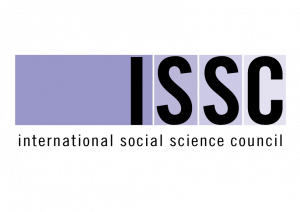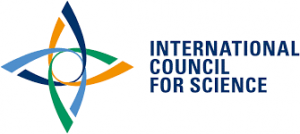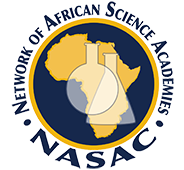In the broader context of LIRA 2030, the programme seeks to increase the production of high quality, integrated (inter- and transdisciplinary), solutions-oriented research on global sustainability, by early career scientists in Africa. CSAG is driving research through the LIRA 2030 opportunity with a focus to better understand pathways to transformational adaptation in southern African cities as a response to climate change that promotes equality, inclusiveness and justice, thereby supporting the implementation of Sustainable Development Goal (SDG) 11 and SDG13 (amongst many others). This is important in a developing country context where the decision-making space is challenged by a colonial history. Currently, the monitoring framework developed to assess progress towards meeting the SDGs supports an integrated approach but, does not explicitly promote equality, inclusiveness and justice.
The project will use the cities of Durban, South Africa and Harare, Zimbabwe as case studies which exhibit contrasting approaches to managing water service provision that is also challenged by changing climate conditions. Durban has a relatively transformational adaptation agenda that focuses on ecosystem services, biodiversity and catchment management that can be compared with approaches in Harare that generally focus on improving and upgrading infrastructure for water provision. The potential for transformational approaches, which focus on root causes of vulnerability, to managing water under a changing climate will be explored with stakeholders in these cities. Furthermore, an approach to learning that fosters transformative processes will be developed and assessed. The findings of this assessment will contribute to improved methods for implementing SDG11, transformative agendas in general (i.e. all SDGs), and tracking this implementation in a way that fosters experimentation, adaptive management and radical incrementalism.
Time frames: Research commenced in April 2018, to be finalized in 2020.
Funders: Swedish International Development Cooperation Agency (Sida), run by the International Council for Science (ICSU), The Network of African Science Academies (NASAC) and International Social Science Council (ISSC).
Partners: Chinhoyi University of Technology (CUT); University of Kwa-Zulu Natal (UKZN); Climate Protection Branch, Environmental Planning and Climate Protection Department (EPCP), eThekwini municipality; Harare Water Department (HWD), City of Harare.
For further details: contact Alice McClure
Outputs to date: Pathways to transformative climate adaptation in southern African cities



